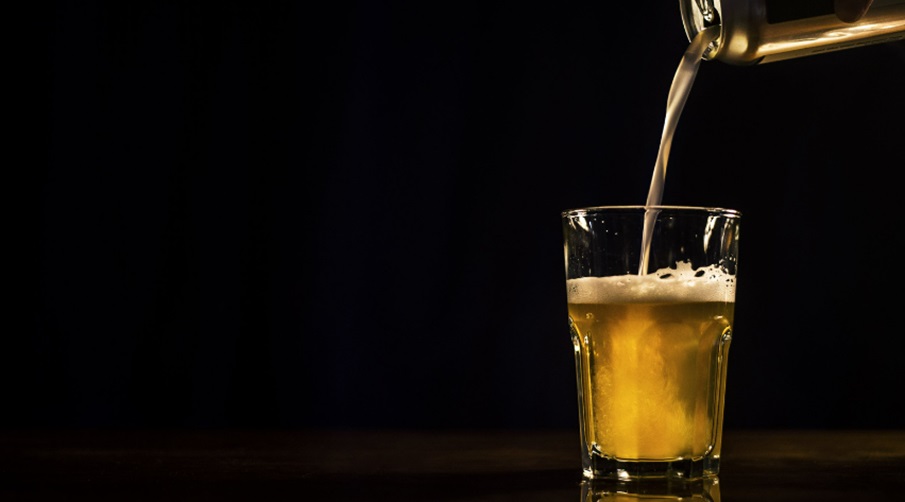Are you curious about the relapse rate for alcohol and how to overcome alcohol cravings to reduce the chances of relapse? If so, this article will provide ample information and tips on how to maintain sobriety and deal with cravings in a productive manner.
In the journey towards sobriety, many individuals may experience at least one relapse. Alcohol relapse rate is often used to gauge the effectiveness of various treatment methods and therapies. Let’s delve deeper into this subject and discuss ways to combat relapses and maintain sobriety.
Alcohol Relapse Rates: The Statistics
According to the National Institute on Alcohol Abuse and Alcoholism (NIAAA), alcohol relapse rates range from 40% to 60%. This indicates that about half of the people who attempt to quit drinking end up experiencing a relapse. While a relapse can be disheartening, it’s essential to recognize it as part of the recovery process. Seeking alcohol treatment in Fort Lauderdale can offer valuable support and guidance during the recovery process.
Factors Influencing Alcohol Relapse Rates
A variety of factors can contribute to the likelihood of an individual experiencing a relapse. These include:
- Lack of support: People who lack a supportive network (such as friends, family members, or support groups) are more vulnerable to relapse.
- Underlying mental health issues: People with untreated or undertreated mental health issues, including depression and anxiety, may face higher relapse rates.
- High-stress environments: Exposure to high-stress environments or situations can increase the likelihood of relapse.
Understanding and addressing these factors can significantly improve one’s chances of overcoming alcohol cravings and maintaining sobriety. Seeking help from professionals or joining support groups can be immensely helpful in dealing with these factors.
Tips for Reducing Alcohol Relapse Rates and Overcoming Cravings
To reduce the risk of relapse, consider the following tips:
- Create a relapse prevention plan: A comprehensive plan that outlines strategies to cope with triggers can be an effective tool in maintaining sobriety.
- Develop healthy coping mechanisms: Learn to manage stress and emotions in a healthy way, such as exercise, meditation, or engaging in hobbies.
- Build a strong support network: Connect with others who are going through similar experiences, attend support group meetings, or seek professional help.
- Implement lifestyle changes: Prioritize self-care, establish a healthy diet, and maintain a consistent sleep schedule.
- Overcome alcohol cravings: Try using techniques such as distraction, deep breathing exercises, or engaging in activities that promote relaxation and self-care.
To Sum Up
While the relapse rate for alcohol may be relatively high, it’s essential to remember that recovery is a journey riddled with challenges. Addressing underlying risk factors, building a supportive network, and overcoming alcohol cravings can drastically improve your chances of avoiding alcohol relapses in the long run. By utilizing the resources available, such as professional treatment and support groups, you’ll be better equipped to overcome alcohol addiction and maintain sobriety. Remember, relapse is not a failure; it’s an opportunity to learn and grow toward long-term recovery.

